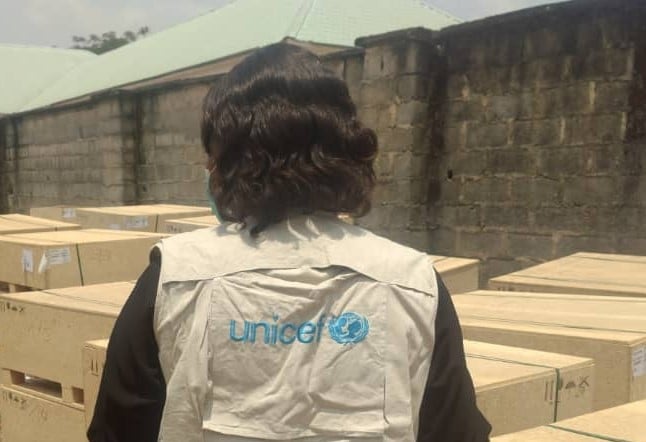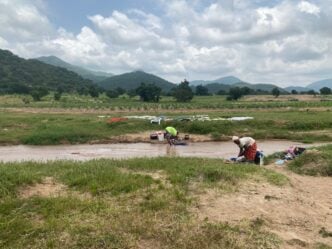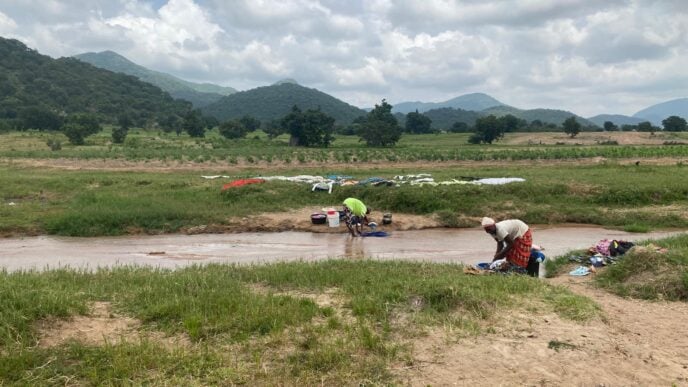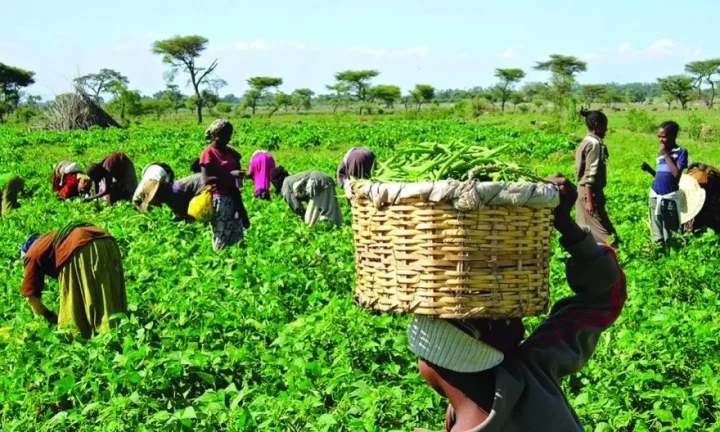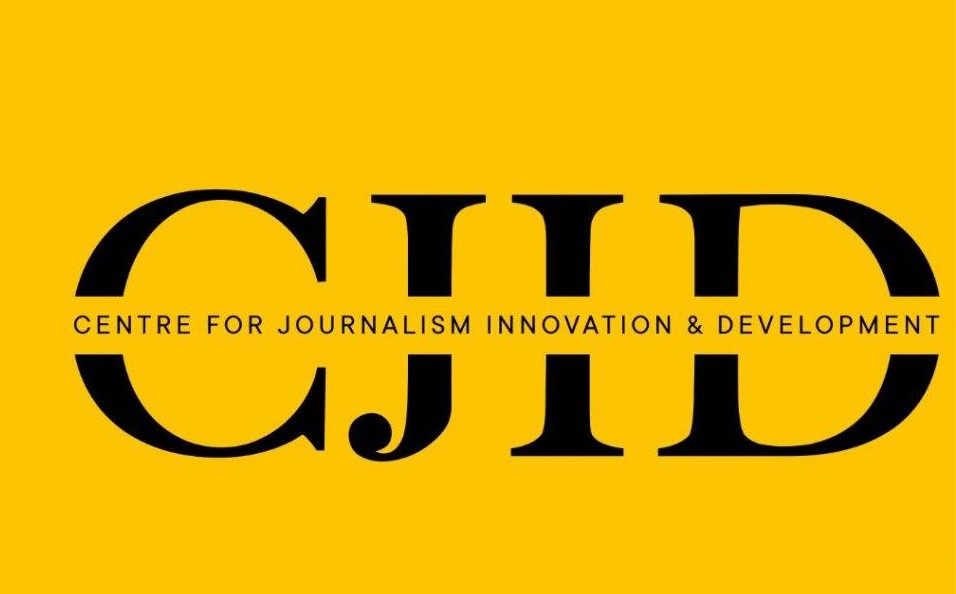The United Nations Children’s Fund (UNICEF) says Nigeria has the highest number of malnourished children in Africa and the second in the world.
Nemat Hajeebhoy, chief, nutrition, spoke on Monday during a media briefing on the 2025 lean season multisectoral response plan for Borno, Adamawa, and Yobe.
The briefing was organised by the UN Office for the Coordination of Humanitarian Affairs (OCHA).
Hajeebhoy said 600,000 children are suffering from acute malnutrition, with half of them at risk of developing severe acute malnutrition.
Advertisement
She added that children with severe acute malnutrition are nine to 11 times more likely to die.
Meanwhile, Serigne Loum, head of programme at the World Food Programme (WFP), noted that Nigeria has the highest number of food insecure people on the continent.
Both UN officials spoke against the backdrop of OCHA’s appeal for funding to tackle the ongoing food and nutrition crisis in the north-eastern states.
Advertisement
Earlier at the briefing, Trond Jensen, OCHA head of office, said the UN agency needs a combined $300 million to respond adequately to the issue.
Of the required fund, Jensen said $160 million is needed to address problems of food insecurity, nutrition, water and sanitation, health, protection, and logistics that come with the lean season.
“This is the absolute bare minimum that we are needing. Of course it’s a paradox and a dilemma that we are facing that whereas the need when it comes to severe acute malnutrition have doubled in the year, our ability to address those needs in some instances has halved,” Jensen said.
“And that’s because then of the freeze of US funding, but also then the cuts in other donors funding.”
Advertisement
Jensen noted that the agency is targeting two million people, half of the number that was penned down last year before the funding cuts.
He appealed to state governments and international organisations to contribute to the response.
The development comes as OCHA announced a gradual scale back of its presence in Nigeria last month due to a funding shortfall.
Advertisement
